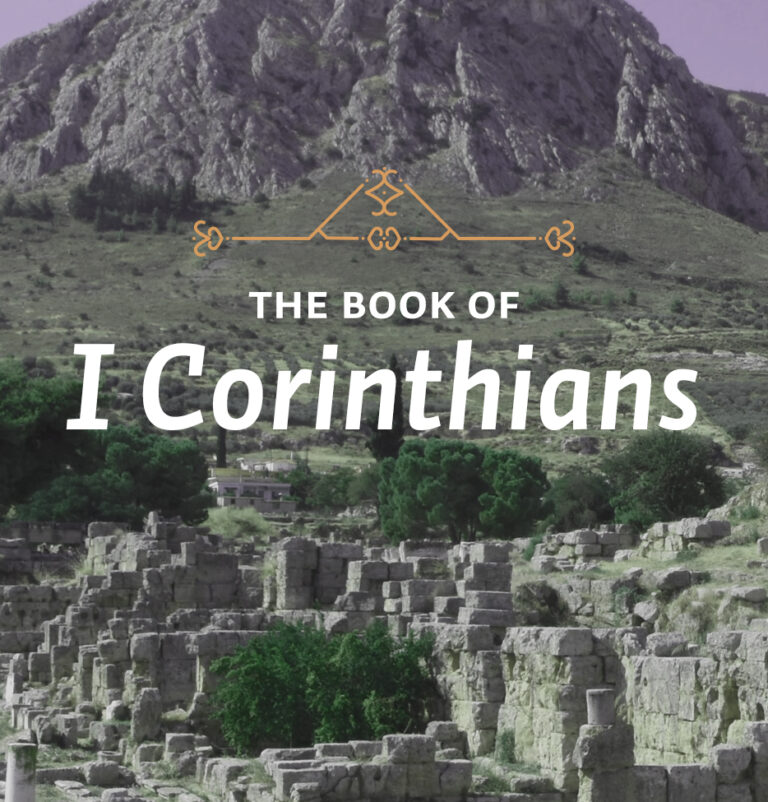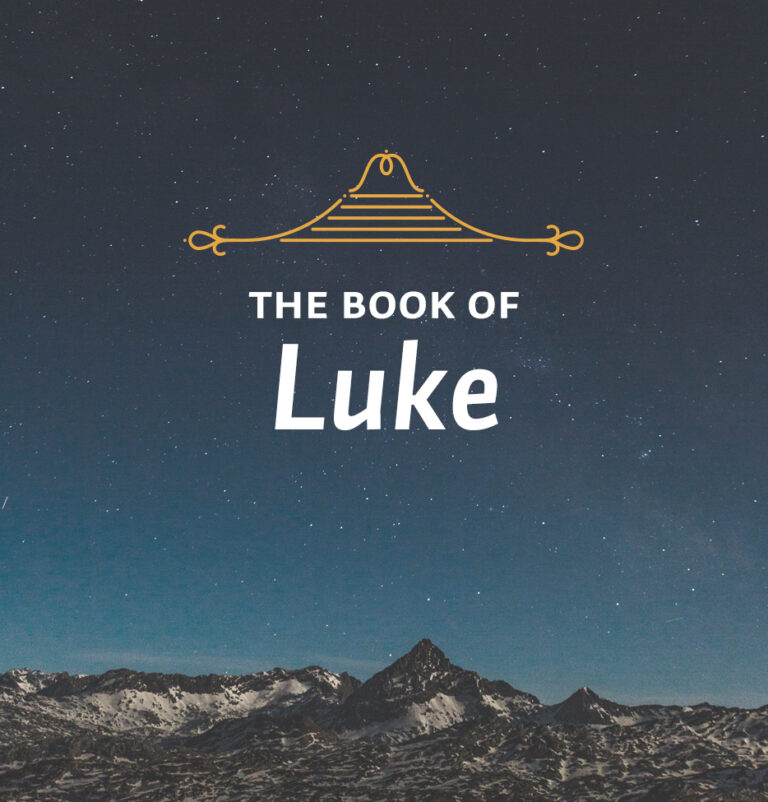
No Power and Little Understanding – Part One
In 1517, the same year in which Martin Luther posted his “Ninety-Five Theses” on the door of the Castle Church in Wittenburg, Raphael Sanzio began a painting of Christ’s transfiguration. When he died in 1520 at the age of thirty-seven the painting was not finished, but Raphael had completed enough for us to understand it. He showed Jesus on the mountain with Peter, James and John. Everything is bathed with light.





